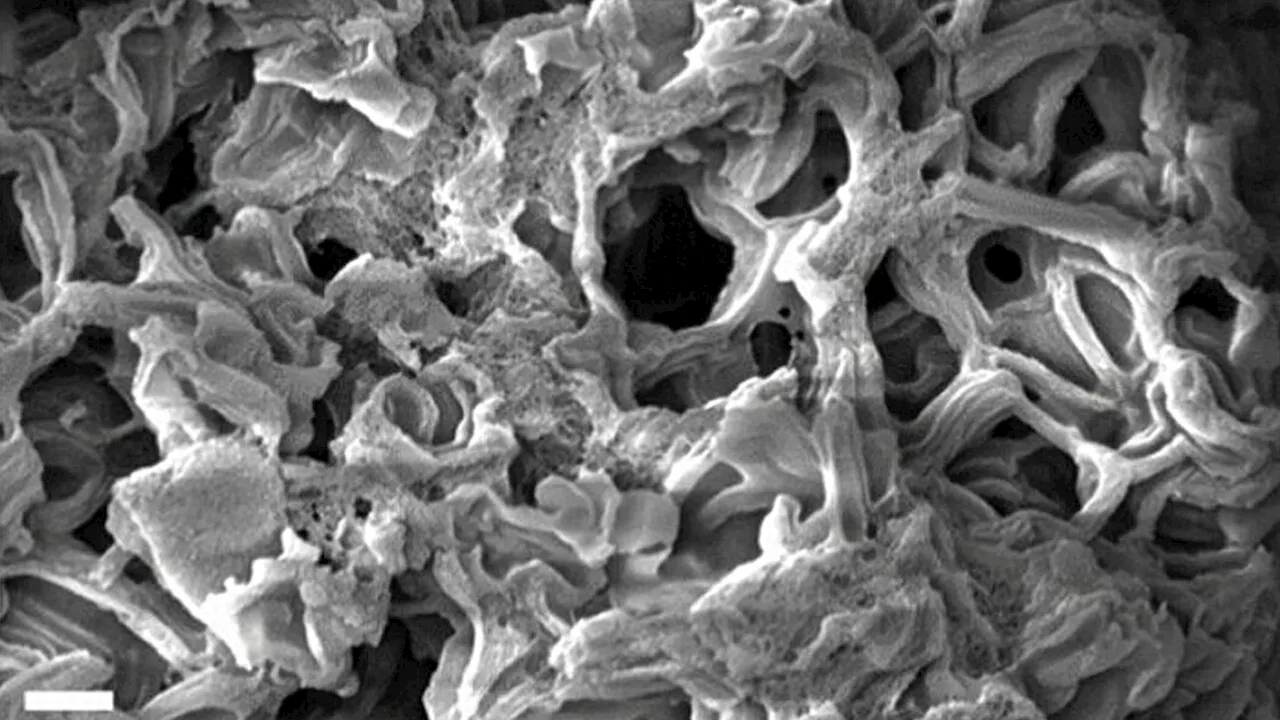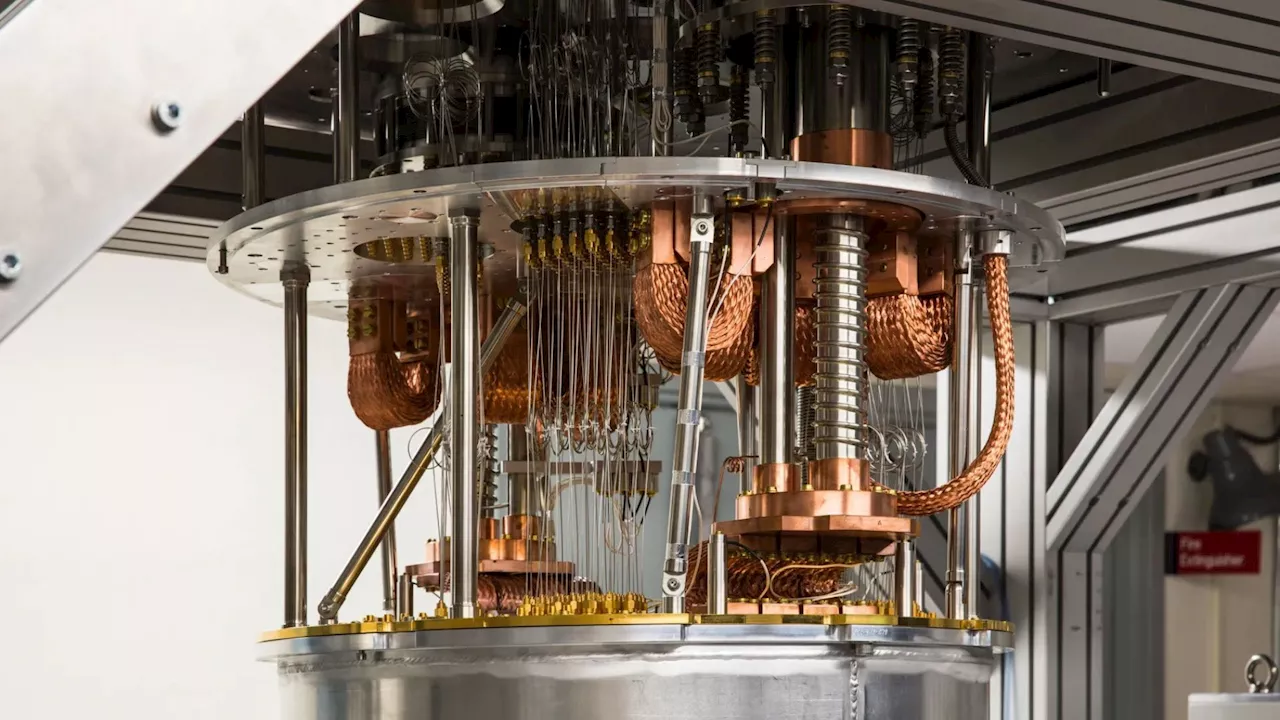Researchers at MIT have made a significant breakthrough in quantum computing by achieving a world-record single-qubit fidelity of 99.998 percent using a superconducting qubit called fluxonium. This achievement, made possible by two new control techniques, paves the way for more complex and reliable quantum computations.
Researchers at MIT have achieved a world-record single-qubit fidelity of 99.998 percent using a superconducting qubit called fluxonium. This breakthrough, made possible by two new control techniques, marks a significant step towards practical quantum computing. Qubits, the fundamental building blocks of quantum computers, are highly susceptible to noise and control imperfections.
These imperfections introduce errors into quantum operations, ultimately limiting the complexity and duration of a quantum algorithm. To address this challenge, the MIT team focused on improving qubit performance by mitigating counter-rotating errors that arise during fast quantum operations. The researchers developed two techniques: 'commensurate pulses' and 'circularly polarized microwaves,' which effectively eliminate these errors. The approach involved applying pulses at specific times to make counter-rotating errors consistent and correctable. They also utilized a synthetic version of circularly polarized light to control the qubit's state, further enhancing fidelity. 'This project makes it clear that counter-rotating errors can be dealt with easily,' said David Rower, PhD '24, a recent physics postdoc at MIT. 'This is a wonderful thing for low-frequency qubits such as fluxonium, which are looking more and more promising for quantum computing.'Fluxonium qubits, known for their high coherence and noise resistance, have shown great promise for quantum computing. 'Despite having higher coherence, however, fluxonium has a lower qubit frequency that is generally associated with proportionally longer gates,' highlighted the researchers in a press release. This latest research demonstrates their ability to support both fundamental physics explorations and high engineering performance. 'Here, we’ve demonstrated a gate that is among the fastest and highest-fidelity across all superconducting qubits,' says Leon Ding, PhD '23. 'Our experiments really show that fluxonium is a qubit that supports both interesting physical explorations and also absolutely delivers in terms of engineering performance.' This achievement builds on previous work by the MIT team, including the demonstration of a 99.92 percent two-qubit gate fidelity last year. The combination of advanced control methods and a deep understanding of the underlying physics has enabled them to push the boundaries of qubit performance. 'It builds on our earlier work with non-adiabatic qubit control, applies it to a new qubit — fluxonium — and makes a beautiful connection with counter-rotating dynamics,' remarked William D. Oliver, professor of physics at MIT.The researchers believe that their platform-independent strategies for mitigating counter-rotating effects will be instrumental in the effort to realize high-fidelity control for fault-tolerant quantum computing. 'With the recent announcement of Google’s Willow quantum chip that demonstrated quantum error correction beyond threshold for the first time, this is a timely result, as we have pushed performance even higher,' concluded Oliver. 'Higher-performant qubits will lead to lower overhead requirements for implementing error correction.'
QUANTUM COMPUTING MIT FLUXONIUM QUBIT FIDELITY ERROR MITIGATION
United States Latest News, United States Headlines
Similar News:You can also read news stories similar to this one that we have collected from other news sources.
 Université de Sherbrooke Researchers Achieve Record Open-Circuit Voltage in Micrometer-Scale III-V Solar CellsResearchers at Université de Sherbrooke have developed a new type of solar cell using III-V materials that achieves record open-circuit voltages. This innovative design, utilizing indium gallium phosphide, indium gallium arsenide, and germanium, holds promise for concentrated photovoltaics (CPV) applications.
Université de Sherbrooke Researchers Achieve Record Open-Circuit Voltage in Micrometer-Scale III-V Solar CellsResearchers at Université de Sherbrooke have developed a new type of solar cell using III-V materials that achieves record open-circuit voltages. This innovative design, utilizing indium gallium phosphide, indium gallium arsenide, and germanium, holds promise for concentrated photovoltaics (CPV) applications.
Read more »
 Researchers Achieve Breakthrough in Solar Energy StorageA team of researchers has developed a high-performance, self-charging energy storage device that combines a supercapacitor with a solar cell, achieving remarkable efficiency in storing and utilizing solar energy.
Researchers Achieve Breakthrough in Solar Energy StorageA team of researchers has developed a high-performance, self-charging energy storage device that combines a supercapacitor with a solar cell, achieving remarkable efficiency in storing and utilizing solar energy.
Read more »
 Researchers achieve real-time detection of low gas concentrationsResearchers have developed a method for quickly detecting and identifying very low concentrations of gases, which, could form the basis for highly sensitive real-time sensors for applications such as environmental monitoring, breath analysis and chemical process control.
Researchers achieve real-time detection of low gas concentrationsResearchers have developed a method for quickly detecting and identifying very low concentrations of gases, which, could form the basis for highly sensitive real-time sensors for applications such as environmental monitoring, breath analysis and chemical process control.
Read more »
 Cerium Oxide-Based Thermal Switches Achieve Record PerformanceA groundbreaking new type of thermal switch using cerium oxide (CeO) thin films has been developed, offering superior performance and sustainability compared to traditional electrochemical switches. This innovation has the potential to revolutionize thermal management in various industries.
Cerium Oxide-Based Thermal Switches Achieve Record PerformanceA groundbreaking new type of thermal switch using cerium oxide (CeO) thin films has been developed, offering superior performance and sustainability compared to traditional electrochemical switches. This innovation has the potential to revolutionize thermal management in various industries.
Read more »
 Samsung and MediaTek Achieve Record 5.5 Gbps 5G Download SpeedsEngineers from Samsung and MediaTek achieved a groundbreaking 5.5 Gbps 5G download speed in a lab environment, highlighting the advancements in mobile network technology. This achievement demonstrates the potential for faster data speeds and lower latency in the future of 5G.
Samsung and MediaTek Achieve Record 5.5 Gbps 5G Download SpeedsEngineers from Samsung and MediaTek achieved a groundbreaking 5.5 Gbps 5G download speed in a lab environment, highlighting the advancements in mobile network technology. This achievement demonstrates the potential for faster data speeds and lower latency in the future of 5G.
Read more »
 Cornell Researchers Create Carbon with Record-Breaking Surface AreaCornell University scientists have developed a new type of carbon material with a higher surface area than any other previously recorded. This breakthrough could lead to advancements in carbon dioxide capture and energy storage.
Cornell Researchers Create Carbon with Record-Breaking Surface AreaCornell University scientists have developed a new type of carbon material with a higher surface area than any other previously recorded. This breakthrough could lead to advancements in carbon dioxide capture and energy storage.
Read more »
